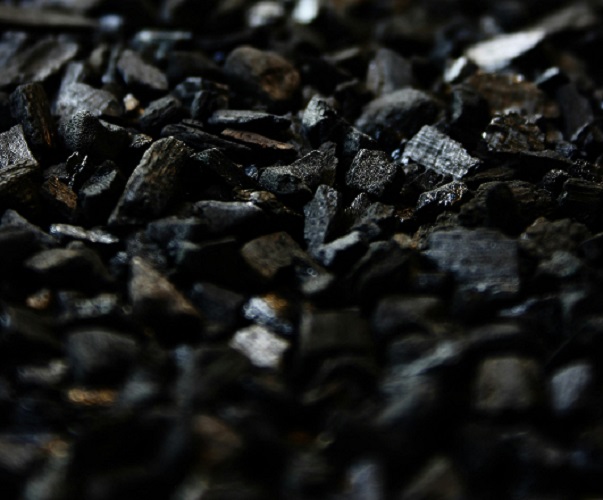Researchers at the University of Zagreb in Croatia are working on a cleaner fuel alternative for industries that rely heavily on coal. Their focus is on improving wood pellets through heat-based treatment methods, which could help reduce emissions in sectors where cutting pollution is especially difficult, reports Bioenergy Insight.
The study, led by Marin Dujmović from the Faculty of Forestry and Wood Technology, was published in the journal Drvna Industrija. It explains that while regular wood pellets are already considered more environmentally friendly than coal, they still lack in key areas like energy output and how well they hold up in storage.
To solve this, the team examined two heat-based methods—torrefaction and steam explosion—that make the pellets more efficient. These processes remove moisture, increase energy content, and make the pellets last longer in storage. The treated pellets also burn more like coal, making them easier to use in existing coal-based power plants with only minor adjustments.
The researchers say these upgraded pellets offer real benefits in terms of energy use and fuel performance. However, they also point out that setting up these treatments at a large scale could be expensive.
“Our research gives a clear and simple explanation of how heat treatments can improve wood pellets and what results they produce,” the team said.















